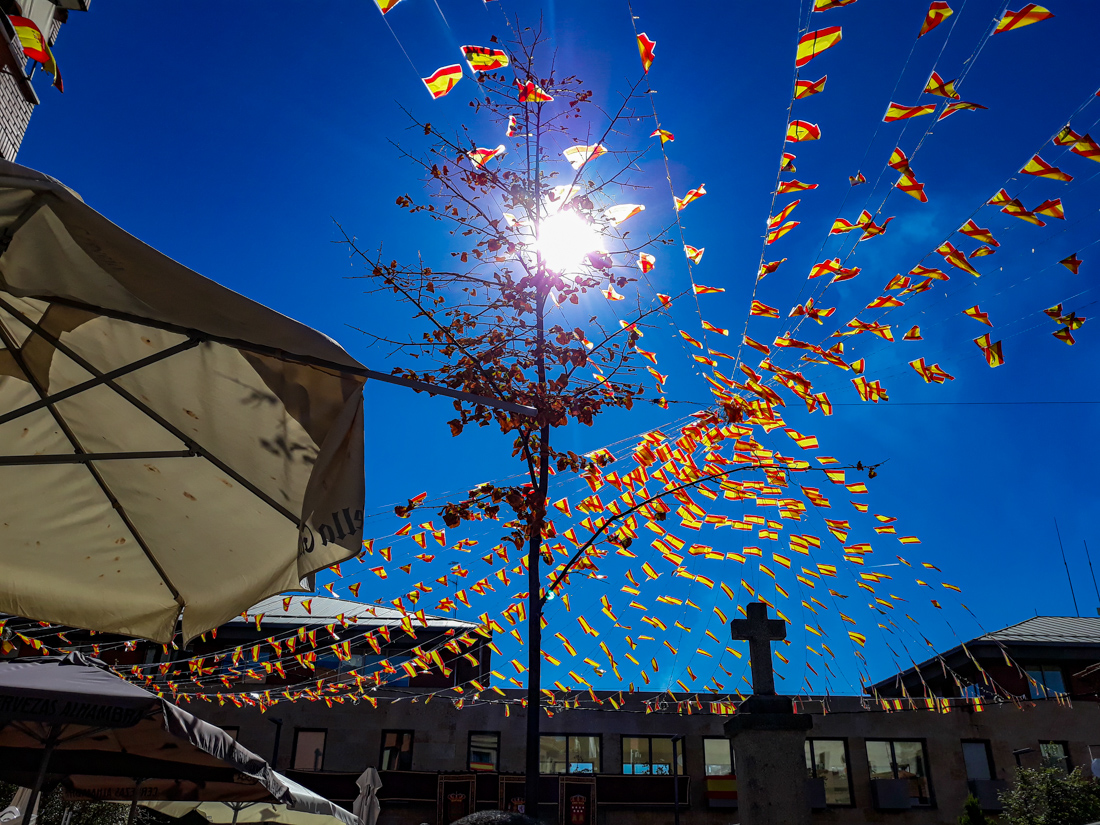Spain is known for having many public holidays, and it’s true! Between national holidays, regional celebrations, local saints’ days and school closures (días no lectivos), it’s easy to get confused.
Whether you’re living in Spain, planning a trip, or organizing school schedules, knowing these dates is key. Here’s your full and up-to-date guide to public holidays in Spain, with a special focus on Madrid.
How public holidays work in Spain
Spain’s public holiday calendar is divided between three main levels:
- National holidays (mandatory across Spain)
- Regional holidays (set by the autonomous communities)
- Local holidays (celebrated in individual towns or cities)
- School-only holidays (días no lectivos) : schools closed but businesses remain open
A full-time worker typically enjoys 12 to 14 public holidays per year, depending on their location.
National public holidays in Spain
These are the non-substitutable holidays celebrated throughout Spain in 2025:
- 1 January : New Year’s Day
- 6 January : Epiphany (Día de Reyes)
- 18 April : Good Friday (Viernes Santo)
- 1 May : Labour Day
- 15 August : Assumption of Mary
- 12 October : Spanish National Day (may be moved to Monday regionally)
- 1 November : All Saints’ Day
- 6 December : Constitution Day
- 8 December : Immaculate Conception
- 25 December : Christmas Day
Tip: Some holidays falling on Sundays are moved to the following Monday depending on your region.
Public holidays in the Community of Madrid
In addition to national holidays, Madrid has its own regional and local celebrations:
- 2 May : Community of Madrid Day
- 15 May : San Isidro, Patron Saint of Madrid
- 25 July : Saint James’ Day (Santiago Apóstol)
- 9 November : Virgen de la Almudena, Patroness of Madrid
This gives 14 official holidays in Madrid in 2025, combining national, regional and local dates.
National holidays (Preliminary)
While the Madrid-specific holidays for 2026 have not yet been confirmed, these nationwide public holidays have been announced:
- 1 January : New Year’s Day
- 6 January : Epiphany
- 3 April : Good Friday
- 1 May : Labour Day
- 15 August : Assumption
- 12 October : National Day
- 1 November : likely observed on Monday 2 November
- 6 December : Constitution Day
- 8 December : Immaculate Conception
- 25 December : Christmas Day
Regional and local holiday announcements for 2026 will be added to this article once published by official sources.

School holidays in Spain
In Madrid, school calendars follow a regional schedule, different from the French or other international systems.
- Start of school year: 8-9 September
- Christmas break: 23 December to 5 January
- Carnival break: 14 to 18 February
- Easter break: 29 march to 5 April 2025 (Semana Santa)
- Summer holidays: Start around 26 June
These dates apply to public schools in Madrid and may vary slightly in private or international institutions.
To find out more about schools in Spain, we invite you to read: the school system in Spain.
“No Lectivo” days: School closures without official holiday
These are days when schools are closed but adults still work. They vary by region. For Madrid, upcoming no lectivo days include:
- 14 October: Monday following Spain’s National Day
- 8 December: Monday following the Feast of the Immaculate Conception
- 7 January (Monday following the Feast of the Three Wise Men)
- 28 February 2025: Carnival Friday
- 3 March 2025: Carnival Monday
- 18 March 2025: Saint Joseph’s Day (public holiday in some regions, but may be ‘no lectivo’ in Madrid)
- 8 and 18 April 2025 (one day before and one day after Semana Santa)
- 2 May (linked to the Comunidad de Madrid festival).
We hope you’ll find the Spanish public holiday calendar a little clearer so that you can plan your life in Madrid between September 2024 and December 2025. Whether you’re planning trips, family activities or just want to know when school will be out, this information will help you plan ahead and make the most of life in Madrid.
A word of advice: if you want to organise a getaway during these public holidays or bank holidays, we recommend that you book your accommodation early. Everything gets snapped up very quickly, as there are very few school holidays!
If you’re looking for inspiration, read our following articles:
To find ideas for getting away from it all around Madrid, you can download our Guide to 52 ideas for outings around Madrid.


Laisser une réponse